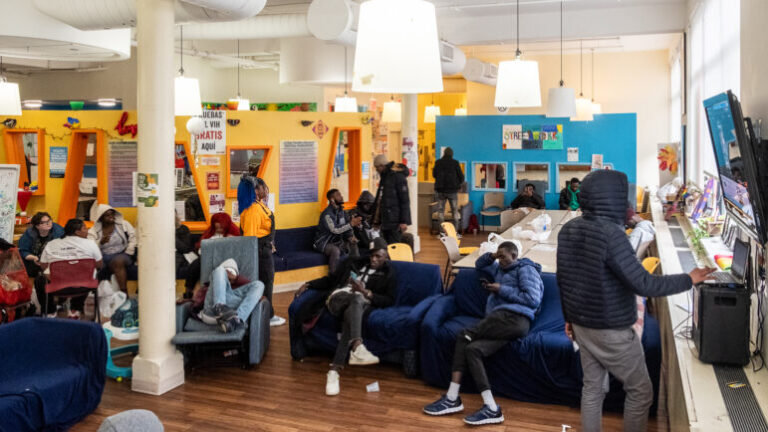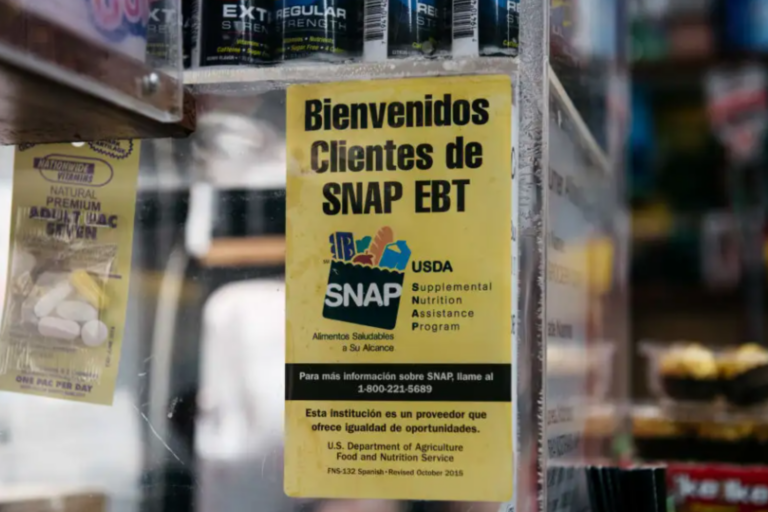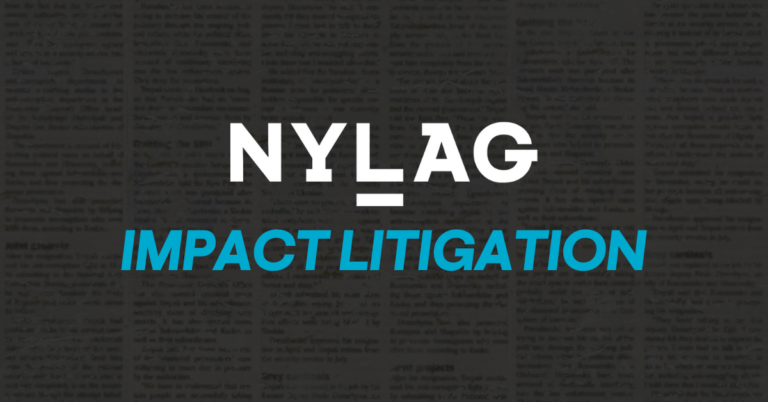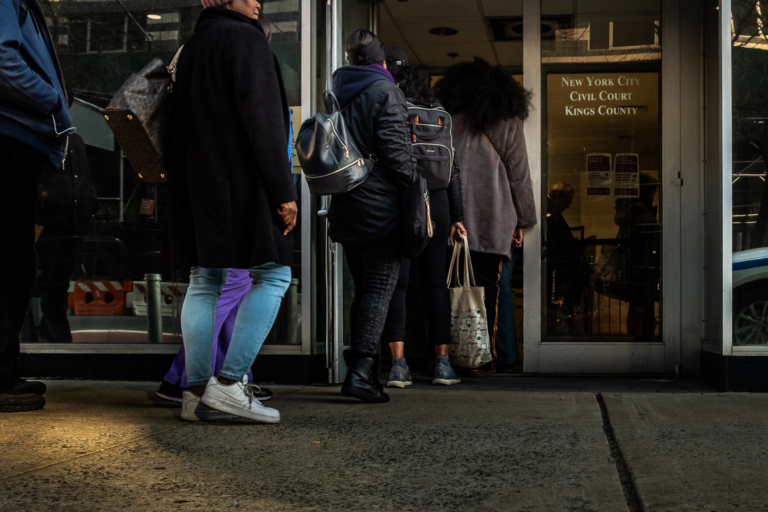President Biden’s newly enacted COVID-19 relief bill will offer additional safety nets for those—particularly people experiencing poverty—who have been in crisis due to the COVID-19 pandemic. Below, we have compiled seven benefits in the package that you should know about because they may affect you and/or your loved ones.
1. $1,400 direct payments
You get the full $1,400 if you make less than $75,000. You will get less if you make $75,000 or more, and none of the payment if you make $80,000. Joint filers will get less once they hit $150,000, and none once they reach $160,000. The government will base eligibility on your most recent filed tax returns, and payments will start going out at the end of March. You will also get $1,400 for each of your dependents.
2. Adult dependents now qualify for a stimulus check
This round of stimulus will now include adult dependents, which means your college student or adult child with a disability will qualify for $1,400.
3. Jobless benefits
This bill makes the first $10,200 in jobless benefits tax-free. This means, when you go to file your 2020 income tax return, you will not pay taxes on the first $10,200 you received. If you have already filed taxes or had a portion of your unemployment payment withheld for taxes, you will be able to get back any taxes you paid.
4. Child tax credit
The bill will increase the child tax credit for one year to $3,600 for children under 6 and to $3,000 for children between 6 and 17.
5. Earned income tax credit
The earned income tax credit will nearly triple for childless workers in 2021, and will be available for those aged 19 and over.
6. Unemployment insurance
$300 per week additional unemployment insurance payments until September 6.
7. Food assistance
Supplemental Nutrition Assistance Program (SNAP) benefits will increase by 15% through September.
The bill contains a whole lot more from additional relief for rental, mortgage, and utility assistance, to more funding for schools, and funding that could lower insurance premiums all of which you may be able to benefit from. There is still a lot of details that need to be developed and NYLAG will be on top of the guidance and clarity to come over the next few months. As a reminder, here is how to connect with us.
- Already have a NYLAG financial counselor? Reach out to them now to discuss your eligibility and how this relief can help.
- Connect with a NYLAG financial counselor
- Call our NY COVID-19 Legal Resource Hotline with a legal concern related to COVID-19








